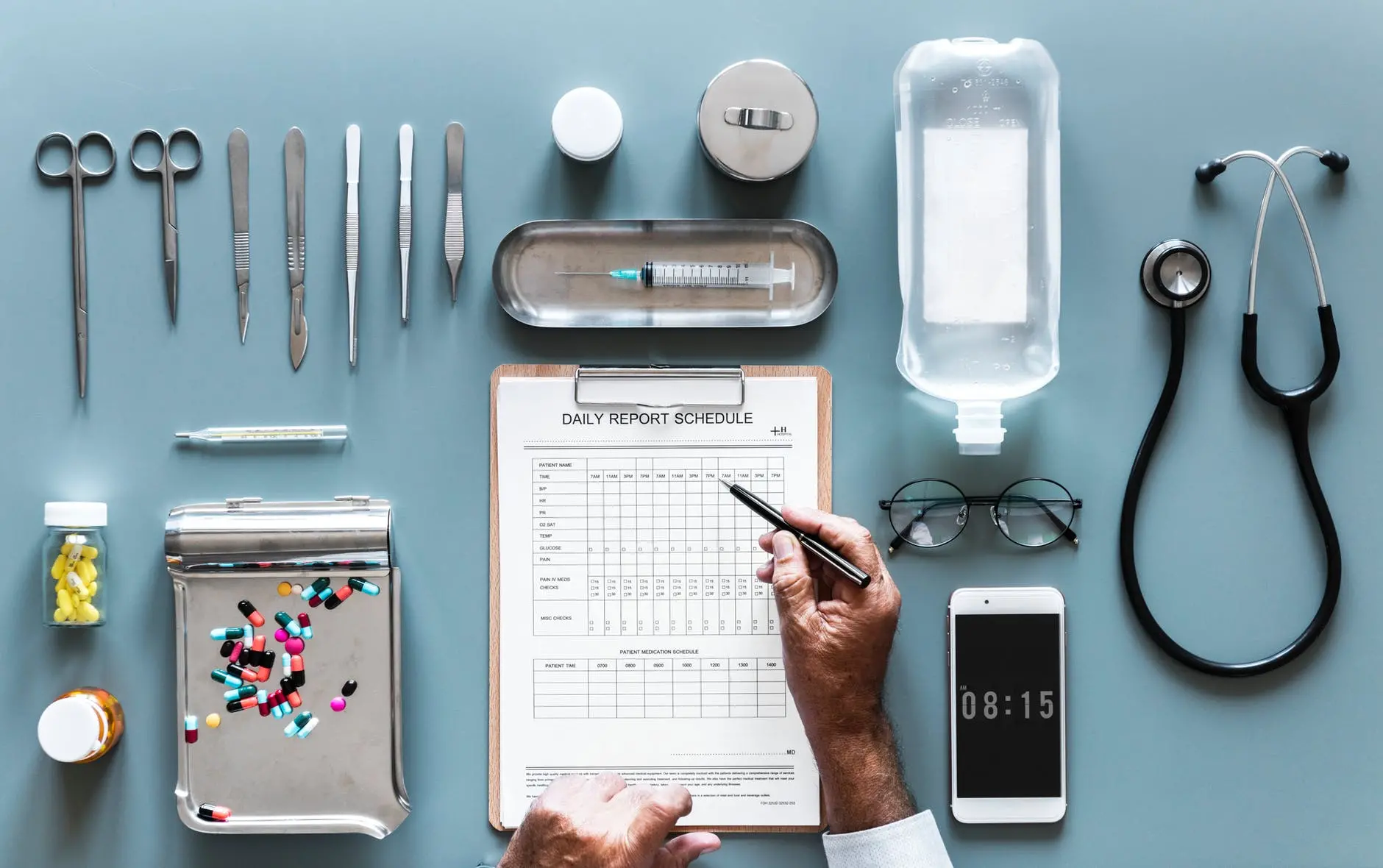Employers, employees, educators, workforce development professionals and policy makers are trying to figure out the future of work and how to adjust. Megatrends such as digitization, the rise of automation, and shifting demographics are altering the way we work, and the way companies relate to workers, including sick care workers. The 4th industrial revolution is raging and we are scrambling to find the right strategy to win it. Just doing everything faster won't work.
Here is how Tesla tries to solve the problem.
Rework America, for example, notes that we have seen this movie before when the 2nd industrial revolution, powered by electricity, railroads and mass production, forced employers to create a workplace, education, pensions and benefits systems that would train, attract and keep workers and drive productivity. That was over 100 years ago. Those legacy systems are, in many instances, outdated and need reform.
What will sick care work look like in the next 25 years? Here are some possibilities and some themes emerging about reforming our education system and the world of work to meet the challenges and be ready for multiple scenarios:
- Cradle to career integration
- Emphasis on defining and measuring emotional and social skills (remember, we used to call them "soft skills") and using people and performance analytics to determine whether and how much they have an impact on job performance and retention.
- Exposing students to experiential work opportunities in many different forms, be they mini-internships, internships or apprenticeships
- Addressing the needs of the 70% of US workers who do not have a college degree
- Migrating from a 4 year degree credential based system to an alternative, more flexible and user friendly competency based system
- Pension and benefits reforms that are not employer based
- Accelerating the speed and lowering the costs of education and training that is personalized and market driven
- Altering HR functions and staffing as they presently exist
- Closing the equity, diversity and inclusion gaps
- Bridging the digital divide so that everyone has access to the information and communications technologies and skills that pervades the workplace.
- Solving the productivity-pay gap

12. Figuring out how to train the trainers, pay them a decent wage and return respect to the teaching profession.
13. Entrepreneurial schools and universities
14. Teaching people how to play nice with machines and vice versa
15. Creating a workforce for true healthcare instead of sick care.
16. Changing how we work as teams.
17. Agile teams
18. Virtual international teams
At its core, these changes will come the way they came before-by helping those people who are willing but unable to overcome structural and societal barriers and radically altering the systems that prevent worker freedom, equity sharing and entrepreneurial success. Maybe the inmates need to not just run the asylum , but own it too.
Arlen Meyers, MD, MBA is the President and CEO of the Society of Physician Entrepreneurs.




Leave your comments
Post comment as a guest